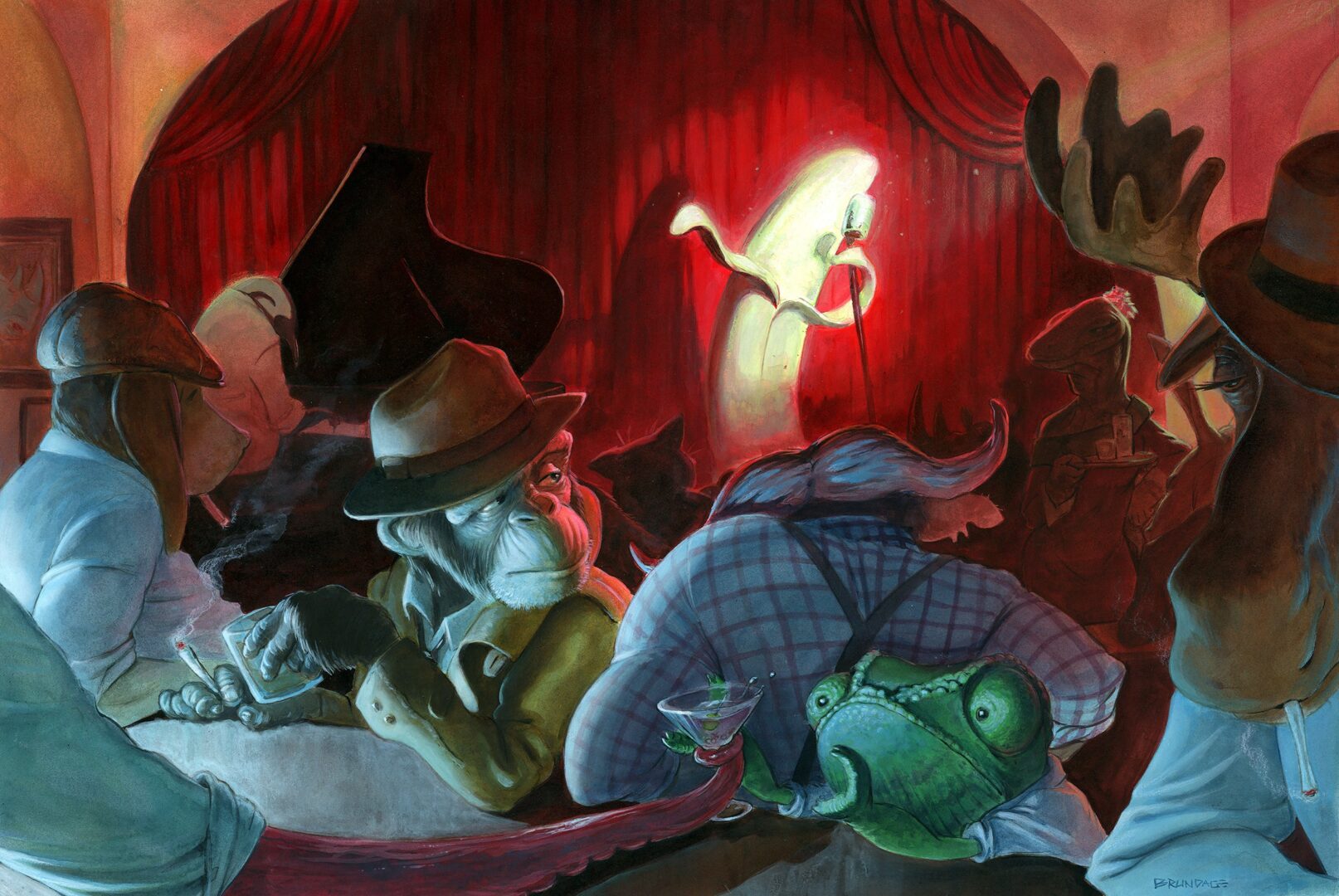Alright – so today we’ve got the honor of introducing you to Scott Brundage. We think you’ll enjoy our conversation, we’ve shared it below.
Scott, first a big thank you for taking the time to share your thoughts and insights with us today. I’m sure many of our readers will benefit from your wisdom, and one of the areas where we think your insight might be most helpful is related to imposter syndrome. Imposter syndrome is holding so many people back from reaching their true and highest potential and so we’d love to hear about your journey and how you overcame imposter syndrome.
I spent the first, I don’t know… decade? of my career waiting for a client to call me out that I was somehow getting away with something. Like they’d see my rough sketches and instantly regret contacting me for a job. Over time that went away, partially just by experience and continuing to get hired. Didn’t hurt being around other artists I revered and seeing I wasn’t the only one wondering if my work was good enough.
Later in my career, when I had developed my skills a bit more and had gotten recognition, I’d find myself in the “ugly” stage of a painting wondering if I was a fraud. My solution to that was to have paintings I was proud of hanging in my studio to remind myself that each of those paintings had been similarly ugly at some point and managed to save them as well. Nice to be able to remind myself of what I’m capable of when its 2am and Im doubting all my life choices.
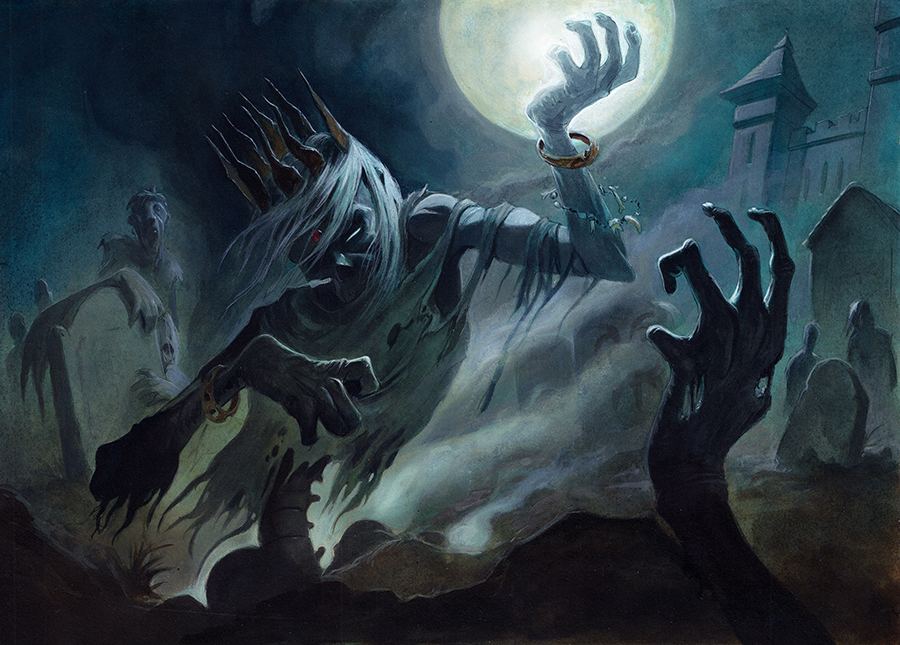
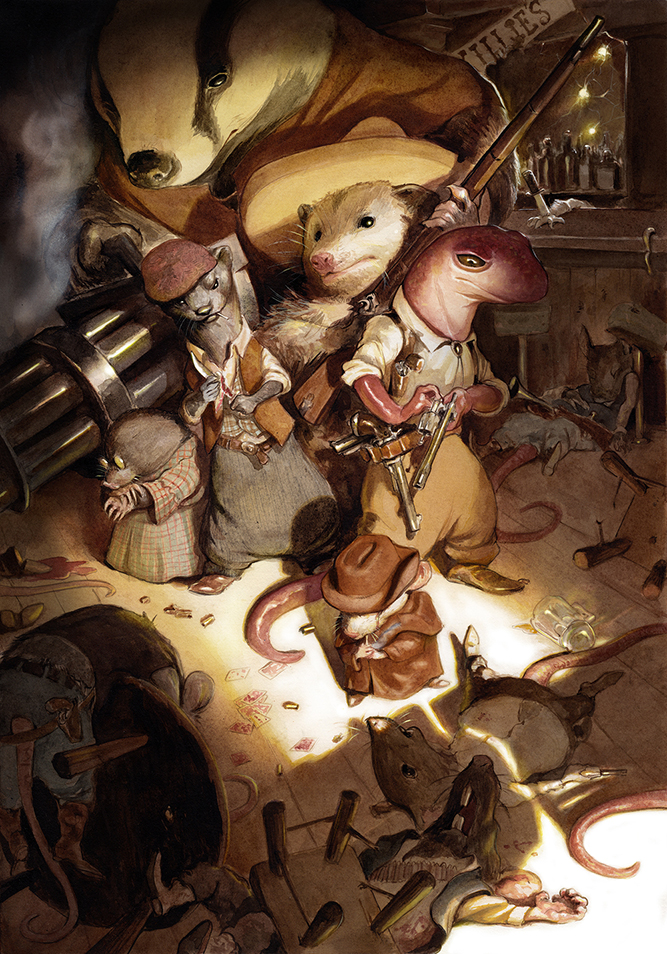
Thanks, so before we move on maybe you can share a bit more about yourself?
As a child I was very indoorsy, a pale chubby kid who definitely didn’t want to play sports (I was made to sign up for tee-ball, and would simply hit the ball and go sit down, much to the frustration of my coach). The only thing that held my young attention was cartoons, and luckily my folks found a local cartooning class in the back of an art store. Then, like many artists, I was the kid who could draw better than the rest of the class, so I was asked to draw more. Then it simply snowballed since I was drawing way more than my peers and got better naturally.
I attended University of the Arts after high school and, looking back, I think I was perfectly situated as not bad enough to get discouraged, but not so good that I got lazy. So, no real awards or high recognition, but enough feedback to keep my very hungry.
Moved to NYC and bugged every artist who might take on assistants or interns. I ended up working for Peter de Sève, Steve Brodner and Burt Silverman, generously tore my early portfolio to shreds (in the best way) and pointed me in good directions to keep improving.
Now, 20ish years into my illustration career, I’ve done dozens of book covers, a bunch of picture books and many many editorial illustrations. I’m happy to say that most of those were projects I’d drool over as a pale indoorsy child: my teacher is a were-hyena, haunted houses for 12yr olds to get spooked by, animals driving buses, etc. I even got the opportunity to work on several animated series, mainly mocking politicians.
I’m currently aiming my portfolio towards more adult fantasy content to hopefully work with Dungeons and Dragons or Magic: The Gathering. I’ve learned that, as a freelancer, it’s always good to have a finger in as many pots as possible.
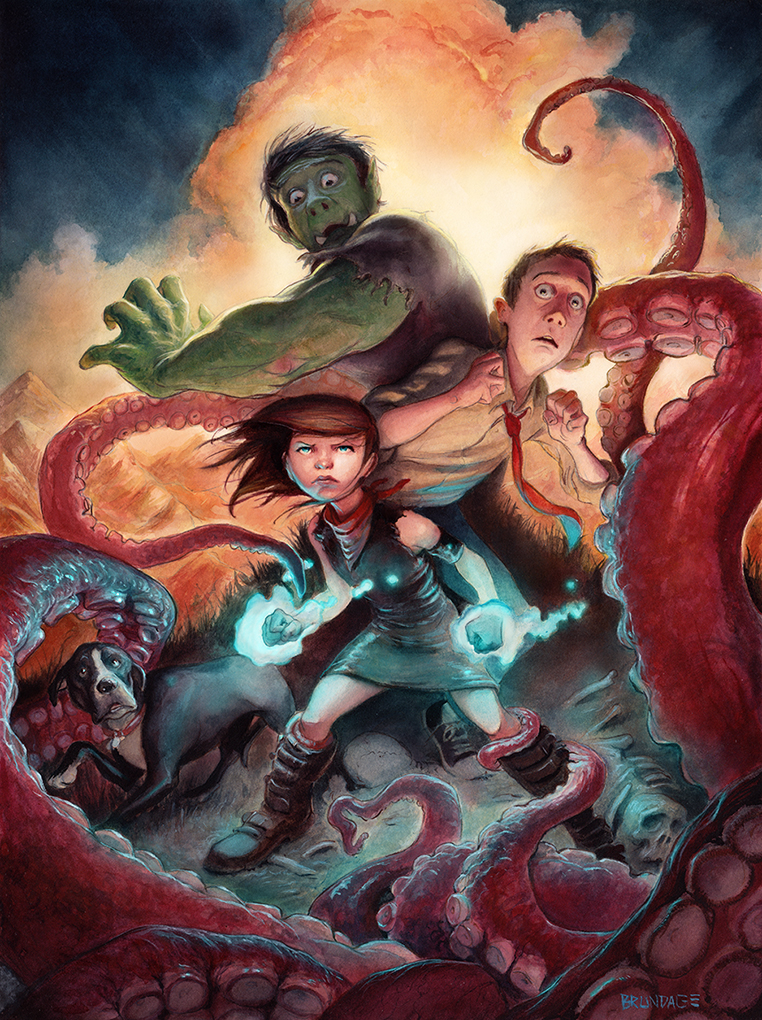
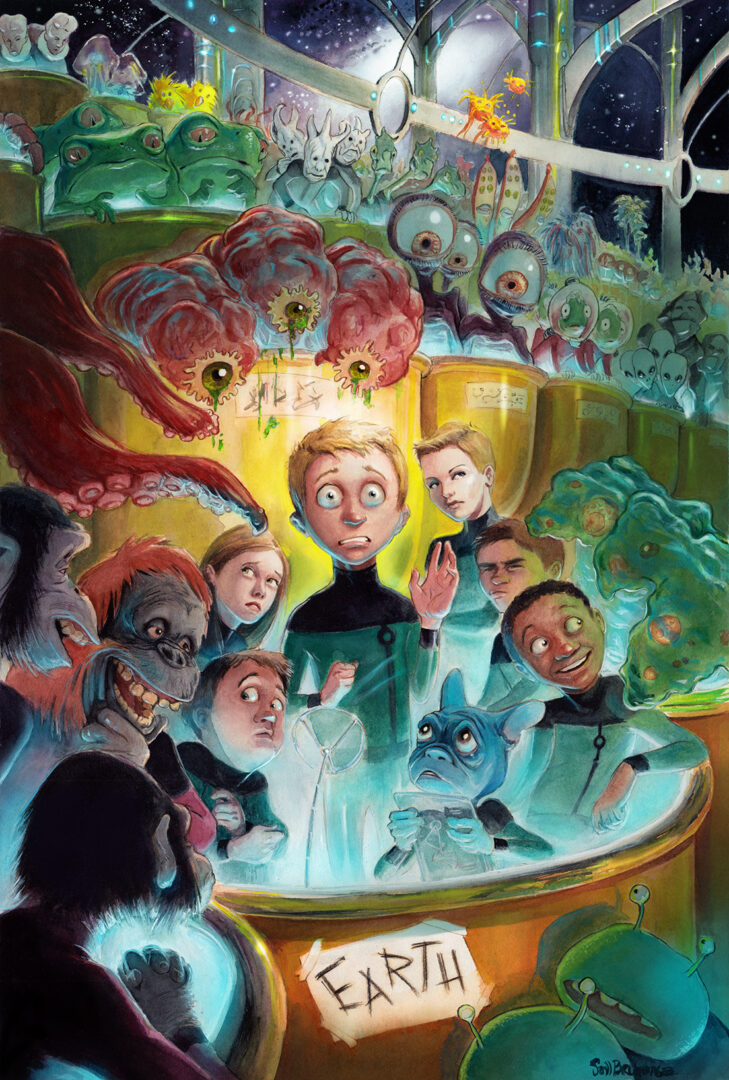
Looking back, what do you think were the three qualities, skills, or areas of knowledge that were most impactful in your journey? What advice do you have for folks who are early in their journey in terms of how they can best develop or improve on these?
When i worked for Steve Brodner (brilliant political caricaturist/illustrator) he said to me “the most important drawing is the next one” and it might have been the most true statement I’d ever heard for illustration. Drawing from observation, from imagination, using a variety of pens, pencils, papers, brushes… whatever to just keep making marks and engaging on a surface. This is the best advice I could give any beginning artist, just draw. Draw a lot. Keep a small sketchbook on you, be the weirdo drawing when you hang out with friends. Dont show people your sketchbook if you are worried about the results, give yourself a place to screw up and make bad drawings. Just keep drawing.
Along with that, draw in color and paint for fun in those same sketchbooks. A bad drawing can be fixed, but a painting that is started with a bad drawing will inevitably be a bad painting.
Lastly, stay engaged. Pay attention to your field and whats happening in it. Once you learn of another person’s path to success, that path evaporates. You can only forge your own way, and thats only possible with making lots of work and continued growth. Doesn’t hurt to attend workshops and continue your education if you have spare funds (ha!), especially those that make you slow down and focus on loveing each step of your process.
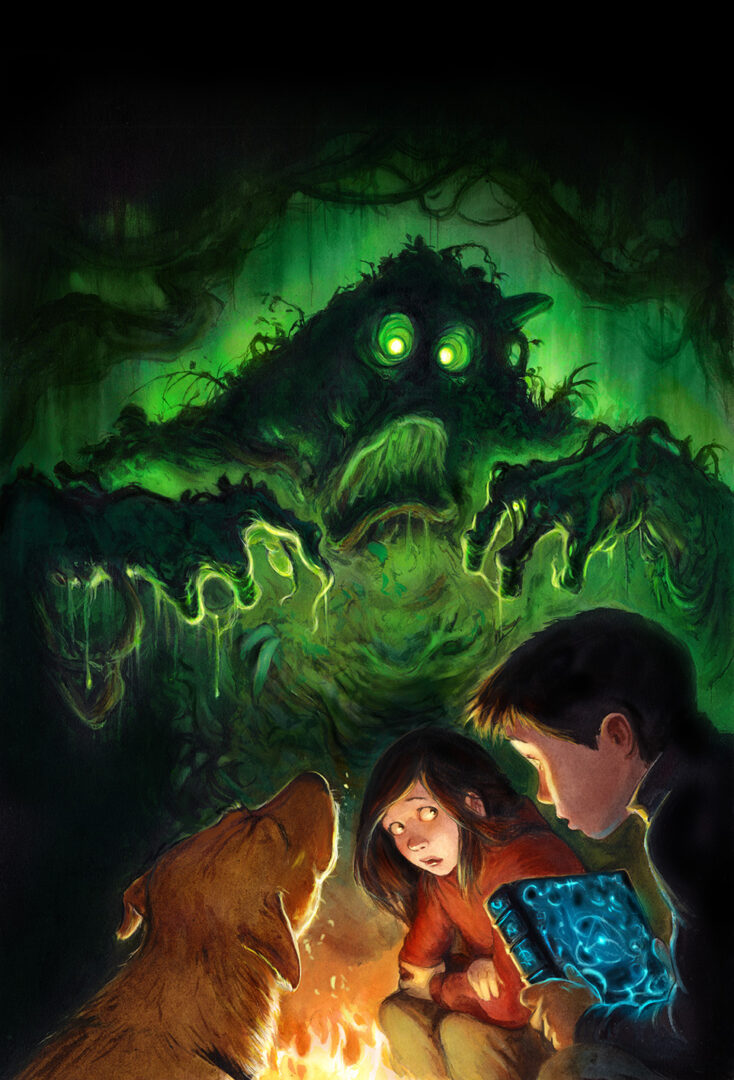
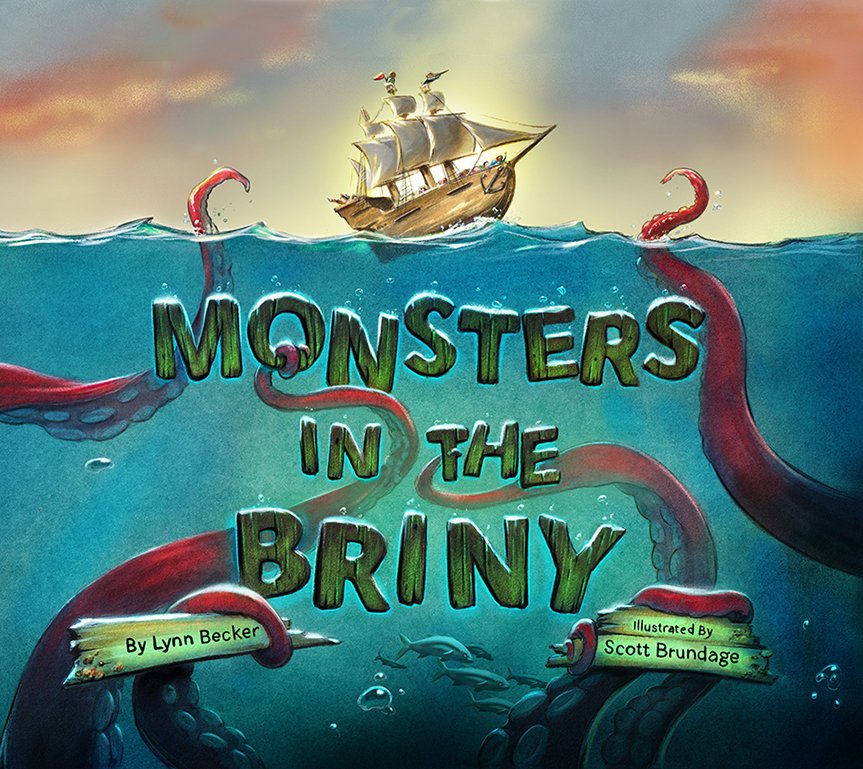
To close, maybe we can chat about your parents and what they did that was particularly impactful for you?
My parent supported my interest in art from day one, and never stopped. Took a couple decades to realize how rare and special that truly is, gambling on my interest becoming a career in a notoriously difficult field. Yet, any concern they had was more about where I’d go to school and how I could be smart with money, never about whether or not my career path was silly or self-indulgent.
A career in the arts can test the artist themself often and harshly, I’ve questioned my decision to seek this lifestyle many times, but my parents never did. I can’t thank them enough for their support and belief.
Contact Info:
- Website: https://www.scottbrundage.com/
- Linkedin: https://www.linkedin.com/in/brundageillustration/
- Other: https://scottbrundage.artstation.com/
https://cara.app/scottbrundage
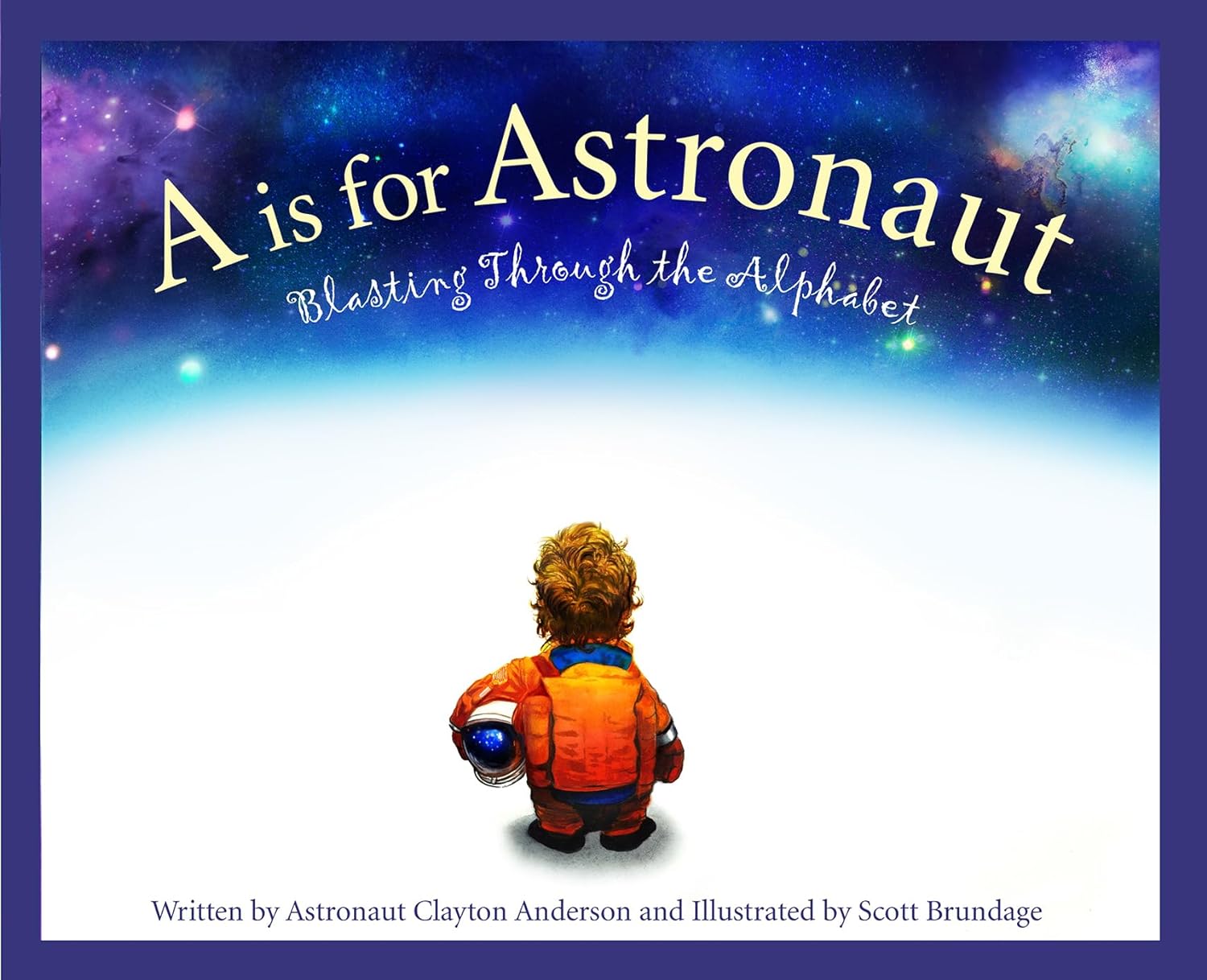
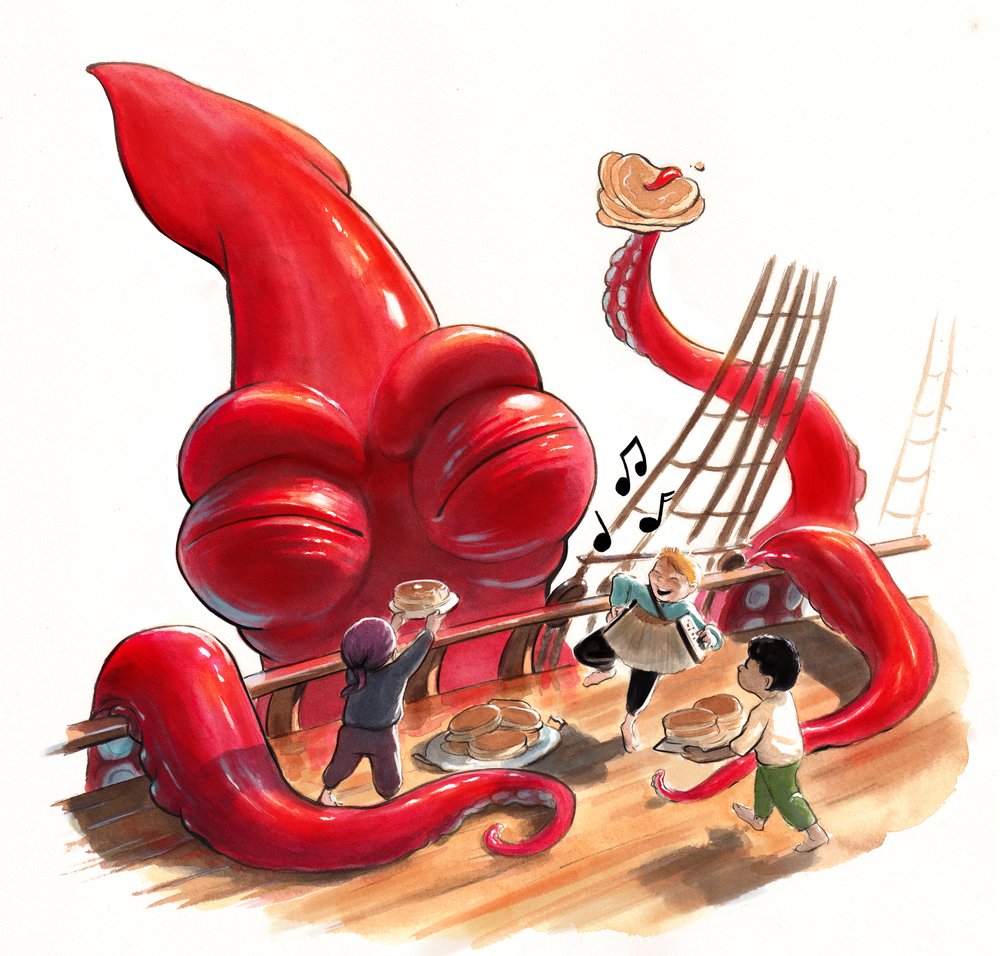
Image Credits
Undead King- Personal Work
The Builders- Personal Work
Stacy McGee vs The Horror- Personal Work
Charlie Paris: Ambassador for Earth by Walt Becker
Scaremaster: Swamp Scarefest! by BA Frade published by Little, Brown Books for Young Readers
Monsters in the Briny by Lynn Becker published by Sleeping Bear Press
A is for Astronaut: Blasting Through the Alphabet by Clayton Anderson published by Sleeping Bear Press
Interior for Monsters in the Briny
so if you or someone you know deserves recognition please let us know here.

